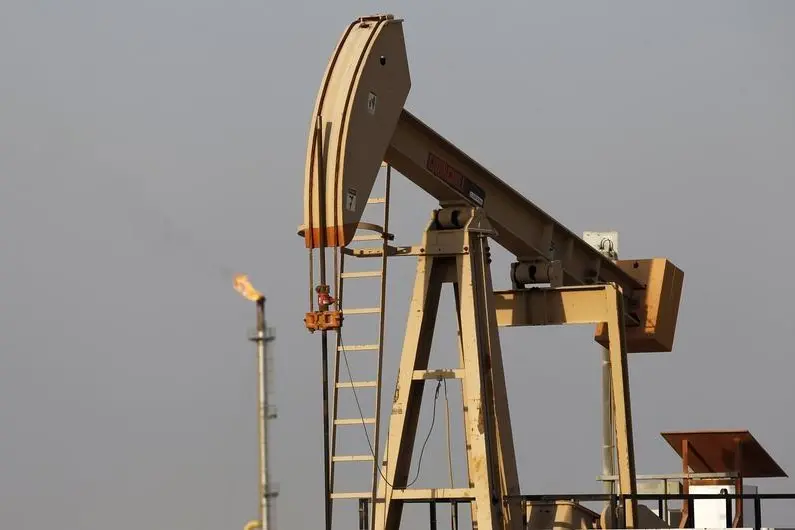PHOTO
MUSCAT - The Gulf Cooperation Council (GCC) economies, including the Sultanate of Oman, are predicted to grow due to increasing energy prices (oil and gas) and the impact of the ongoing geopolitical uncertainties.
According to the KPMG’s Global Economic Outlook H1'2022, the oil and gas prices are expected to continue soaring in 2022 and 2023, driven by their increased production and hike in prices.
Moreover, the economic activity in the GCC is expected to pick up further pace owing to the private sector activity and easing of Covid-19 related restrictions.
“These trends are likely to support the growth in oil and non-oil sectors and point towards the dip in unemployment rates. Although the average annual inflation is forecast to be restricted in the 2022-23 period, upward price pressures are likely to be propelled by Covid-19 related supply chain disruptions. The GCC governments’ supply chain management strategies, together with the extensive use of foreign labour, exchange rate peg with the US dollar and the GCC fiscal positions emerging from towering international energy prices, are likely to dampen the impact of any potential negative economic shock'', the report said.
For two straight days, the official price of Oman crude for September delivery rose to over $104 on Tuesday from Monday’s $102.
The monthly average price of Omani crude oil for July delivery amounted to $107.22 per barrel, an increase of $4.82 compared to the price for delivery last June.
The Central Bank of Oman’s Financial Stability Report (FSR) recently stated that "the risks to financial stability have subsided in Oman. Nevertheless, new vulnerabilities have appeared that may test the resilience of our financial system". However, the banking sector "retains the capacity to absorb a variety of shocks without adverse spillover effects on credit supply and the real economy".
While highlighting the fiscal and financial relief provided by the government and CBO, the report acknowledges the role of the financial sector in the provision of credit and financial services throughout the pandemic that helped craft a swift post-pandemic recovery plan duly supported by favourable oil prices.
The FSR states that the ongoing geopolitical tensions in Europe fuel inflationary pressures that are mounting across the globe. The ensuing monetary tightening may weigh on growth, especially for the sectors that are still in the recovery phase.
Nevertheless, the inflation outlook in Oman remains moderate, and "as an oil exporter, rising commodity prices are so far a net positive for Oman as the higher proceeds from hydrocarbons have provided ample fiscal space to the government to counterbalance any inflationary pressures with targeted interventions to complement the impact of monetary policy actions".
The report concludes that "overall short-term risks to financial stability have significantly declined compared to the previous year", and that "an amicable resolution of the ongoing European conflict will help restore confidence and relieve some pressures, while any further escalation or a delay in the peace process will elevate downside risks for recovery and financial stability."
2022 © All right reserved for Oman Establishment for Press, Publication and Advertising (OEPPA) Provided by SyndiGate Media Inc. (Syndigate.info).





















